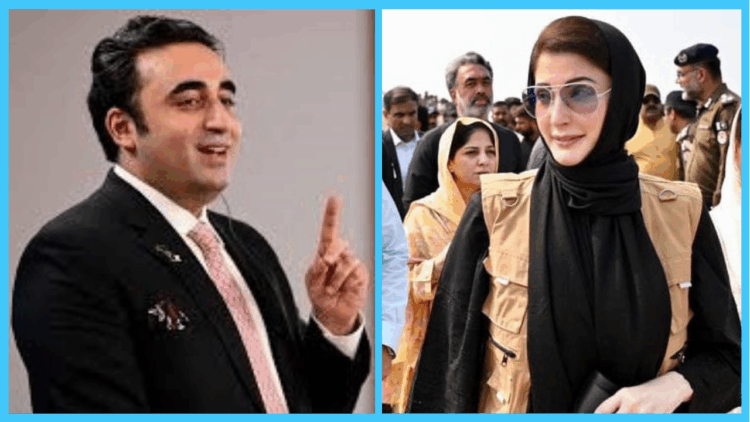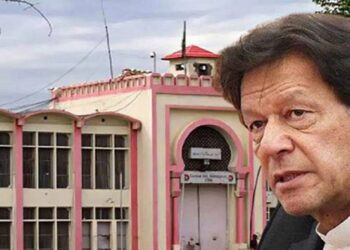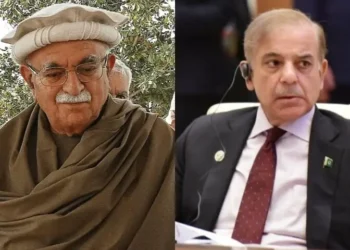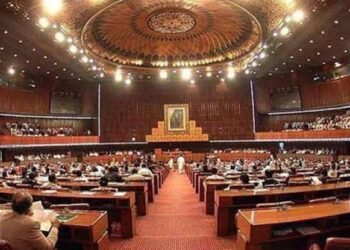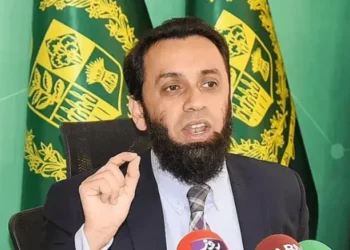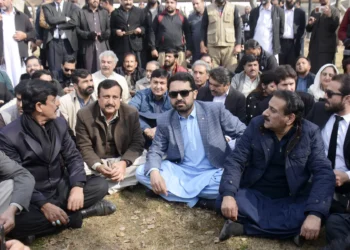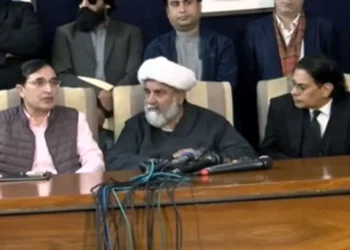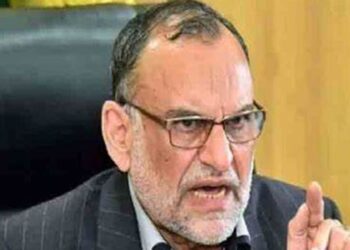Web Desk; The Pakistan Peoples Party (PPP) and the Pakistan Muslim League-Nawaz (PML-N), despite being coalition partners at the federal level, engaged in a sharp exchange of words on Thursday over the mechanism of providing relief to flood-hit communities.
At the center of the dispute was the Benazir Income Support Programme (BISP), which PPP Chairman Bilawal Bhutto-Zardari described as the “only credible tool” for delivering immediate assistance to those affected.
In contrast, Punjab Chief Minister Maryam Nawaz Sharif dismissed this stance, accusing the PPP of politicising the humanitarian crisis.
Speaking at a press conference in Karachi, Bilawal emphasised that BISP, a national safety net targeting vulnerable families and women, had repeatedly proven its effectiveness during crises, including the Covid-19 pandemic.
He argued that using the programme’s database would ensure transparency and quick distribution of financial support. “The agriculture sector was already struggling, but after the floods, the devastation is far greater. If relief does not reach small farmers immediately, Pakistan’s food security will be at risk,” he said.
Bilawal called for the federal government to declare both a climate emergency and an agriculture emergency, urging the waiver of electricity bills for farmers in affected districts.
He highlighted Sindh’s own initiatives, including the introduction of the Benazir Hari Card, which would provide support to farmers owning between one and 25 acres of land, as well as subsidies for fertiliser.
“If federal and provincial governments act in time, we can strengthen our wheat crop, avoid imports, and invest in our farmers instead of foreign markets,” he said.
The PPP leader further noted that while Sindh had been badly hit, the scale of destruction in South Punjab was “historic” and demanded an inclusive national response.
He insisted that the federal government had a responsibility to deliver aid through BISP nationwide, including in Gilgit-Baltistan and Khyber Pakhtunkhwa.
Bilawal also criticised the Centre for not making an immediate international appeal for assistance, saying Pakistan’s hand would have been stronger with the global community and institutions like the IMF had it sought timely support.
Later in the day, Punjab Chief Minister Maryam Nawaz countered Bilawal’s remarks during a ceremony in Dera Ghazi Khan.
She maintained that while she respected the PPP as an ally, it was exploiting the floods for political gain in Punjab. “If, God forbid, a disaster struck Sindh, Punjab would stand shoulder to shoulder with it. But the PPP should stop politicising Punjab’s tragedy,” she said.
Turning to BISP, Maryam argued that its assistance of Rs10,000 was grossly inadequate for families who had lost their homes, livestock, and crops.
“This is a very simplistic solution. I will provide Rs1 million to flood-affected families, not just Rs10,000,” she declared. She vowed to focus on rebuilding houses and restoring livelihoods rather than “short-term cash handouts.”
Addressing criticism of not seeking international aid, Maryam asserted: “I am Nawaz Sharif’s daughter, and I will not beg. Pakistan cannot continue to rely on handouts when the provinces already receive billions under the NFC award.”
The escalating disagreement underscored the tension between coalition partners, revealing deep differences over strategy, priorities, and the role of federal programmes in tackling one of Pakistan’s most pressing crises.




















































